Discover the time zone in Dallas Texas, history of timekeeping, and tips for managing time. Learn about DST and its impact on business and travel. Stay updated on future developments.Welcome to our blog post all about time in Dallas, Texas! In this article, we will explore all aspects of timekeeping in this vibrant city, from its fascinating history to its impact on daily life and business operations. Whether you are a local resident, planning a trip to Dallas, or just interested in learning more about how time is managed in different parts of the world, we have got you covered.
First, we will provide an introduction to Dallas, setting the stage for understanding the city’s unique timekeeping challenges. Then, we will delve into the specifics of the time zone in Dallas, including the effects of daylight saving time and the city’s difference from Greenwich Mean Time (GMT). We will also explore the history of timekeeping in Dallas and its influence on local attractions, events, and travel schedules.
Finally, we will offer some tips for effectively managing time in Dallas and discuss future developments in timekeeping that may impact the city. Whether you are a timekeeping enthusiast or simply curious about how time is observed in different parts of the world, we hope you find this blog post both informative and engaging.
Introduction to Dallas Texas
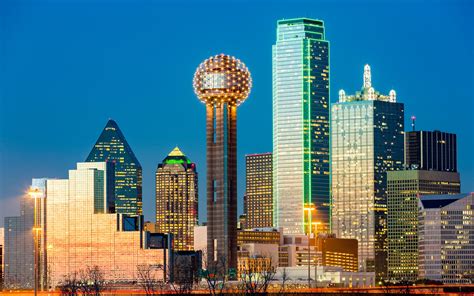
Dallas, Texas is a vibrant and diverse city located in the southern United States. It is the ninth-largest city in the country and is known for its rich history, modern amenities, and thriving business community. Whether you are a visitor or a resident, Dallas offers a wide range of attractions, events, and activities to explore.
One of the reasons that Dallas is such a popular destination is its unique time zone. Dallas is located within the Central Time Zone, which is six hours behind Greenwich Mean Time (GMT). This time zone is shared with other major cities in the region, including Chicago, Houston, and Mexico City.
For visitors coming from other parts of the country or the world, it is important to be aware of the Daylight Saving Time practices in Dallas. Like many other cities in the United States, Dallas observes Daylight Saving Time, which means that the clock is set forward by one hour in the spring and set back by one hour in the fall.
The history of timekeeping in Dallas is closely tied to its development as a major urban center. Throughout the years, the city has played a key role in the evolution of timekeeping technology and practices, influencing businesses, travel, and daily life in the region.
When traveling to Dallas, understanding the local time zone and any potential changes due to Daylight Saving Time is essential for managing travel schedules and plans. With the city’s bustling attractions, events, and business operations, being mindful of time is crucial for making the most of your trip to Dallas.
Time Zone in Dallas Texas

Time Zone in Dallas Texas
One of the important factors to consider when traveling to or doing business in Dallas, Texas is the time zone. Dallas is located in the Central Time Zone (CT), which is 6 hours behind Coordinated Universal Time (UTC-6). This means that when it is midnight in Dallas, it is 6:00 AM in the UTC time zone.
When planning your trip to Dallas, it is essential to take the time difference into account, especially if you are coming from a different time zone. It can affect your travel schedules and may require adjusting your sleep patterns to avoid jet lag.
For businesses operating in Dallas, understanding the time zone is crucial for managing time effectively. It is necessary to coordinate schedules with clients, partners, or colleagues in different time zones to ensure efficient communication and operations.
Daylight Saving Time (DST) is also observed in Dallas, which means that the clocks are set forward by one hour in the spring and set back by one hour in the fall. This shift in time can impact schedules, appointments, and business transactions, so it is important to be aware of the DST dates and make necessary adjustments.
Overall, being aware of the time zone in Dallas is essential for smooth travel and business operations. Whether you are visiting for leisure or conducting business, understanding the time difference will help you make the most of your time in this vibrant city.
Daylight Saving Time in Dallas
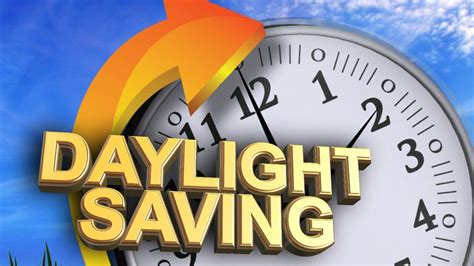
Daylight Saving Time (DST) is the practice of setting the clocks forward by one hour during the warmer months to extend evening daylight. In Dallas, Texas, DST begins on the second Sunday in March and ends on the first Sunday in November, spanning a period of about 8 months. This change in time gives residents an extra hour of daylight in the evening, making it ideal for outdoor activities and conserving energy.
During DST, residents in Dallas can expect the sunrise and sunset times to be shifted by one hour. This means that it will be lighter in the evenings and darker in the mornings. While the initial adjustment period can be challenging for some, many people appreciate the longer days and increased opportunities for leisure and recreation after work.
It’s important for businesses and individuals to be aware of the shift in time during DST to avoid any scheduling conflicts or disruptions. Many businesses and organizations also take advantage of the extended daylight hours to promote outdoor events and activities, contributing to the overall community engagement and well-being.
For travelers visiting Dallas during DST, it’s essential to update their itineraries and accommodations to accommodate the time change. Understanding the local time zone and DST schedule can help avoid confusion and ensure a smooth and enjoyable trip.
Overall, Daylight Saving Time in Dallas brings about a shift in daily routines and activities, providing a glimpse into the changing dynamics of timekeeping and its impact on society.
Difference from GMT
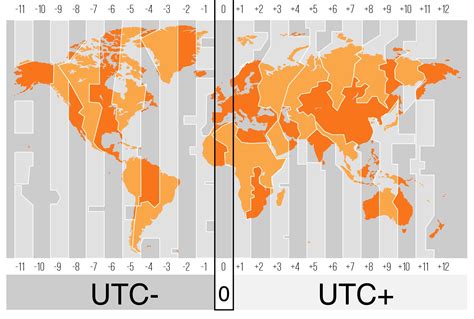
When exploring the time zone in Dallas, it is important to understand how it differs from GMT. Greenwich Mean Time (GMT) is the mean solar time at the Royal Observatory in Greenwich, London, which was chosen as the world’s time standard in 1884. The time in Dallas, Texas is 6 hours behind GMT during Standard Time, and 5 hours behind during Daylight Saving Time. This means that when it is 12:00 PM in Dallas, it is 6:00 PM in GMT during Standard Time, and 7:00 PM during Daylight Saving Time.
Travelers from different time zones may need to adjust their schedules and plans accordingly when visiting Dallas so as not to miss important appointments or events. Knowing the Difference from GMT will help ensure that travelers arrive at their destinations on time and avoid any confusion or scheduling conflicts.
For businesses operating internationally, understanding the Difference from GMT is crucial for scheduling conference calls, virtual meetings, and coordinating with partners and clients in other time zones. It is essential to have a clear understanding of the time difference in order to prevent any miscommunication or missed opportunities.
In conclusion, being aware of the Difference from GMT is essential for both travelers and businesses in Dallas, Texas. Whether it’s for personal travel or professional purposes, knowing the time difference is key to effective time management and successful communication across time zones.
History of Timekeeping in Dallas
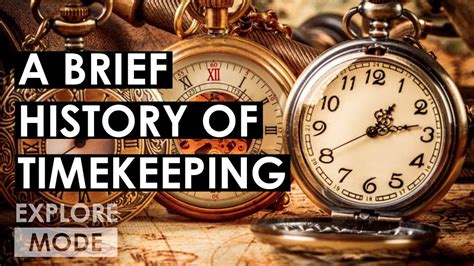
The history of timekeeping in Dallas dates back to the late 1800s when the city first adopted standard time. Prior to this, each town and city set their own local mean time based on the position of the sun in the sky. This led to confusion and inefficiency in scheduling and transportation. In 1883, the major railroads in the United States divided the country into four time zones, one of which encompassed Dallas. This standardization of timekeeping allowed for more accurate and streamlined communication and travel.
With the advent of the electric telegraph and the expansion of the railroad network, accurate timekeeping became even more important in Dallas. In 1921, the city installed its first public mechanical clock, located in the downtown area. This clock became a symbol of punctuality and precision in the bustling city.
As technology advanced, so did timekeeping in Dallas. In the 1950s, the city began to implement atomic clocks, which provided even greater accuracy. This allowed for more precise timing in various industries, such as telecommunications and financial services. The importance of accurate timekeeping in Dallas continued to grow as the city became a hub for commerce and industry in the southern United States.
Today, Dallas is at the forefront of timekeeping technology, with the implementation of GPS satellite clocks and atomic time servers. These advancements have not only improved efficiency and accuracy in various sectors, but have also contributed to the city’s reputation as a leader in innovation and technology. The history of timekeeping in Dallas reflects the city’s constant strive for progress and excellence in time management.
Effect on Business Operations

Running a business in Dallas, Texas means operating in the Central Time Zone. This time zone has a significant impact on the daily operations of businesses, particularly in terms of scheduling and communication with clients and partners in other parts of the country and world.
For instance, businesses in Dallas may need to adjust their operating hours to accommodate clients or customers in different time zones. This could mean extending working hours or scheduling meetings and calls at unconventional times to ensure effective communication and collaboration.
Moreover, the time difference between Dallas and other regions can also affect the timing of deliveries, shipments, and logistics operations. Businesses must carefully manage their timelines to ensure that products and services are delivered on time and in sync with the schedules of their customers and partners.
In addition, the observance of Daylight Saving Time in Dallas can also impact business operations. The shift in time can disrupt schedules, affect employee productivity, and require adjustments in the management of resources and work hours. It is essential for businesses to adapt to these changes and streamline their operations accordingly.
Overall, the time zone and timekeeping practices in Dallas have a direct influence on the way businesses function and interact with the global market. Businesses must navigate these factors effectively to ensure smooth operations and maintain a competitive edge in the marketplace.
Impact on Travel Schedules
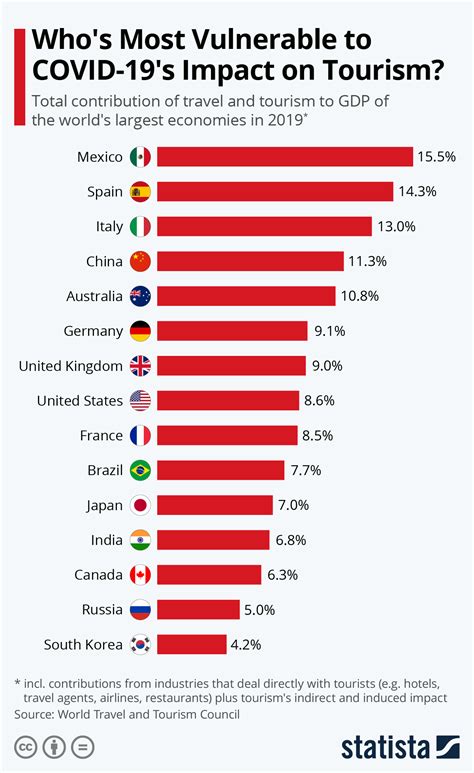
Travel schedules in Dallas, Texas are greatly influenced by the Time Zone and Daylight Saving Time (DST) observed in the region. This can have a significant impact on both domestic and international travel arrangements, requiring travelers to carefully consider and plan for potential time differences.
For example, the Central Time Zone (CT) observed in Dallas, Texas is 6 hours behind Greenwich Mean Time (GMT-6). Additionally, DST is observed in the region, resulting in the time changing by one hour during certain periods of the year. These adjustments can affect flight times, connecting flights, and arrival and departure schedules for both business and leisure travelers.
When planning travel to or from Dallas, Texas, individuals and organizations must take into account the time difference and potential changes due to DST. This can impact flight availability, layover times, and overall travel schedules, requiring careful coordination and adjustments to ensure smooth and efficient travel experiences.
Furthermore, the impact of time differences and DST on travel schedules extends beyond flights, affecting train and bus schedules, as well as cruise departures and arrivals. Travelers navigating through different time zones and DST observance must pay close attention to schedule changes and ensure timely arrivals and departures to avoid disruptions in their travel itineraries.
Local Attractions and Events
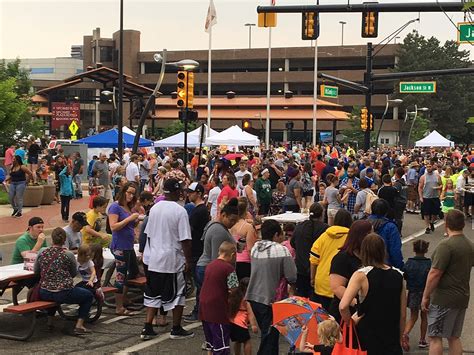
Local Attractions and Events
When visiting Dallas, Texas, there are plenty of local attractions and events to enjoy. From museums and historical sites to sports events and festivals, there is something for everyone in this vibrant city.
Some popular attractions in Dallas include the Perot Museum of Nature and Science, the Dallas Arboretum and Botanical Garden, and the Dallas World Aquarium. These attractions offer a mix of education and entertainment for visitors of all ages.
For those interested in history and culture, the Sixth Floor Museum at Dealey Plaza and the Dallas Heritage Village are must-see destinations. These sites offer a glimpse into the city’s rich history and showcase the impact of key events on the local community.
In addition to these attractions, Dallas also hosts a variety of events throughout the year. From the State Fair of Texas to the Dallas International Film Festival, there is always something happening in the city. Sports fans can also catch a game at the AT&T Stadium, home to the Dallas Cowboys, or the American Airlines Center, where the Dallas Mavericks and Dallas Stars play.
| Attractions | Events |
|---|---|
| Perot Museum of Nature and Science | State Fair of Texas |
| Dallas Arboretum and Botanical Garden | Dallas International Film Festival |
| Dallas World Aquarium | Sports games at AT&T Stadium and American Airlines Center |
| Sixth Floor Museum at Dealey Plaza | |
| Dallas Heritage Village |
Overall, Dallas offers a diverse range of attractions and events for both locals and visitors to enjoy. Whether you’re interested in history, arts and culture, or sports and entertainment, there is something for everyone in this dynamic city.
Tips for Managing Time in Dallas
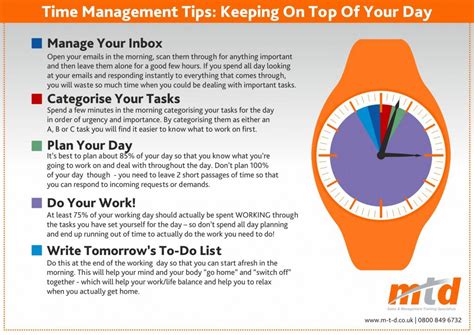
Managing time effectively is crucial in a bustling city like Dallas, Texas. With so much to see and do, it’s important to make the most of every minute. Whether you’re a local resident or visiting for business or pleasure, these tips for managing time will help you navigate the city efficiently and ensure you make the most of your time in Dallas.
One of the best ways to manage your time in Dallas is to plan ahead. Research the places you want to visit, the events you want to attend, and the restaurants you want to try. Creating a rough itinerary will help you allocate your time wisely and avoid wasting precious minutes trying to decide what to do next.
Another important tip for managing time in Dallas is to familiarize yourself with the city’s public transportation system. Dallas has a reliable network of buses, light rail, and commuter trains that can help you navigate the city without getting stuck in traffic. By using public transportation, you can save time and avoid the hassle of finding parking.
When visiting local attractions, such as the Dallas Museum of Art, the Dallas Arboretum and Botanical Garden, or the Perot Museum of Nature and Science, consider purchasing tickets online in advance. This will allow you to skip the ticket lines and spend more time exploring the attractions.
Lastly, be mindful of the city’s rush hour traffic. If you need to travel during peak times, consider using ride-sharing services to avoid getting stuck in congestion. By following these tips for managing time in Dallas, you can make the most of your visit to this vibrant city.
Future Developments in Timekeeping

The future of timekeeping in Dallas, Texas is certainly an exciting prospect. As technology continues to advance at a rapid pace, we can expect to see a number of innovations in the way time is kept and managed. One of the most anticipated developments is the widespread adoption of atomic clocks in various industries and organizations. These clocks are incredibly accurate and rely on the vibrations of atoms to keep time, making them far more precise than traditional clocks. As businesses and individuals alike seek greater precision in timekeeping, the use of atomic clocks is likely to become increasingly common.
Another significant future development in timekeeping is the continued integration of smart technology into clocks and timekeeping devices. This could include features such as automatic time zone adjustment and synchronization with other smart devices. With the rise of the Internet of Things (IoT), we can expect to see clocks that are capable of communicating with one another and making adjustments based on real-time data. This level of connectivity and automation will undoubtedly revolutionize the way we think about and manage time.
In addition to technological advancements, there is also a growing focus on sustainability in timekeeping. Many organizations are exploring ways to minimize the environmental impact of timekeeping devices, such as reducing the use of batteries and improving energy efficiency. This could lead to the development of more eco-friendly and self-sustaining timekeeping solutions, aligning with the broader trend towards environmental consciousness.
Overall, the future of timekeeping in Dallas, Texas looks set to be defined by greater accuracy, connectivity, and sustainability. As the demand for precision and efficiency continues to grow, we can expect to see a range of exciting developments that will undoubtedly shape the way we keep time for years to come.
Frequently Asked Questions

What is the current time in Dallas, Texas?
The current time in Dallas, Texas is based on Central Time Zone (CT) which is UTC-6:00 during Standard Time and UTC-5:00 during Daylight Saving Time.
Does Dallas, Texas observe Daylight Saving Time?
Yes, Dallas, Texas observes Daylight Saving Time. The clocks are set forward 1 hour in the spring and set back 1 hour in the fall.
What are some popular attractions or things to do in Dallas, Texas?
Some popular attractions in Dallas, Texas include the Dallas Arboretum and Botanical Garden, The Sixth Floor Museum at Dealey Plaza, Dallas Museum of Art, and Reunion Tower.
What is the weather like in Dallas, Texas?
Dallas, Texas has a humid subtropical climate, with hot summers and mild winters. It experiences an average of 234 sunny days per year.
Is Dallas, Texas a good place to live?
Many people find Dallas, Texas a great place to live due to its diverse community, strong job market, affordable housing, and numerous amenities and attractions.
What are the best neighborhoods to live in Dallas, Texas?
Some of the best neighborhoods in Dallas, Texas are Highland Park, University Park, Oak Lawn, and Lake Highlands.
What are the major industries in Dallas, Texas?
Dallas, Texas is known for its major industries such as technology, healthcare, financial services, defense, telecommunications, and transportation.

